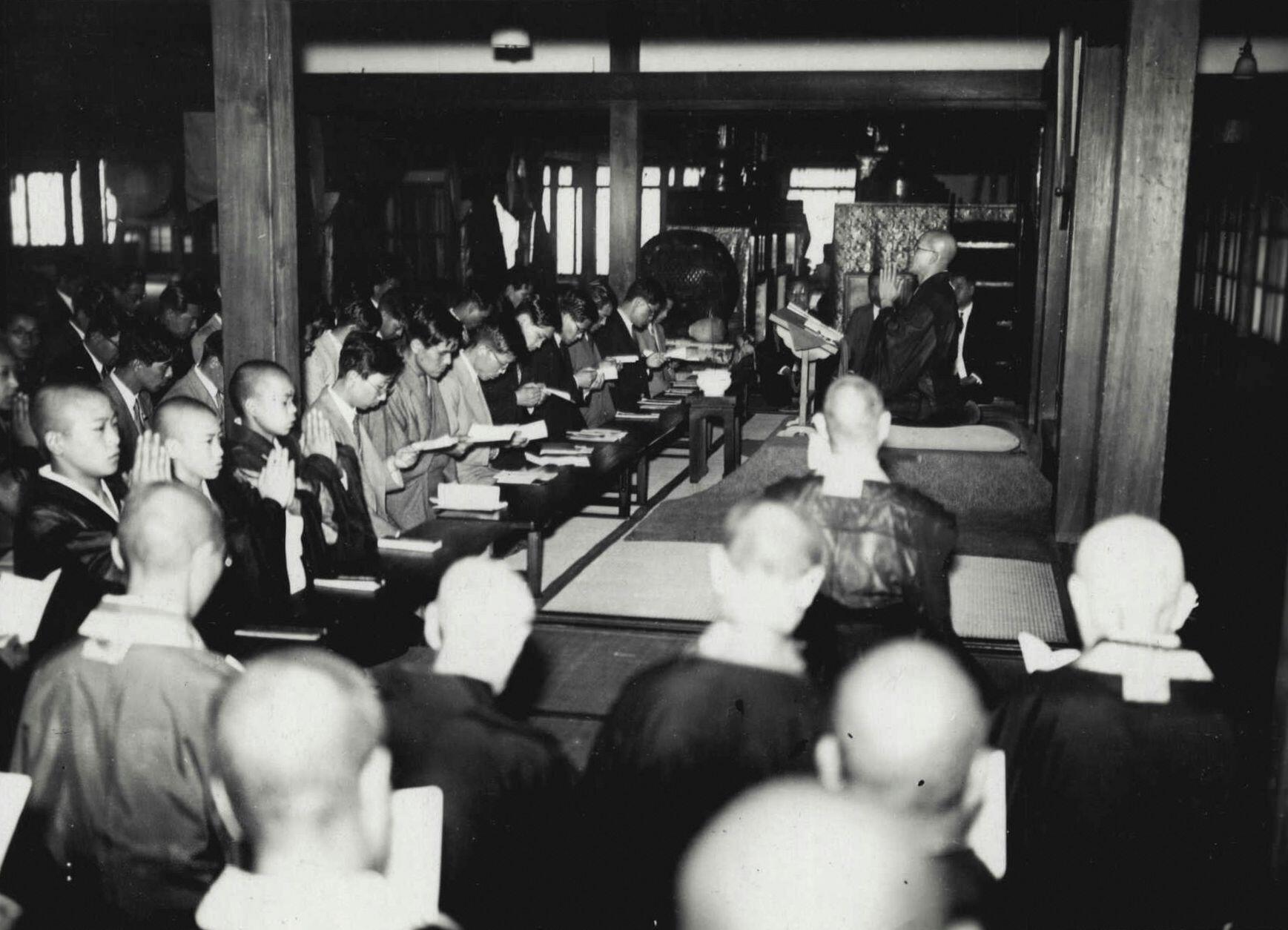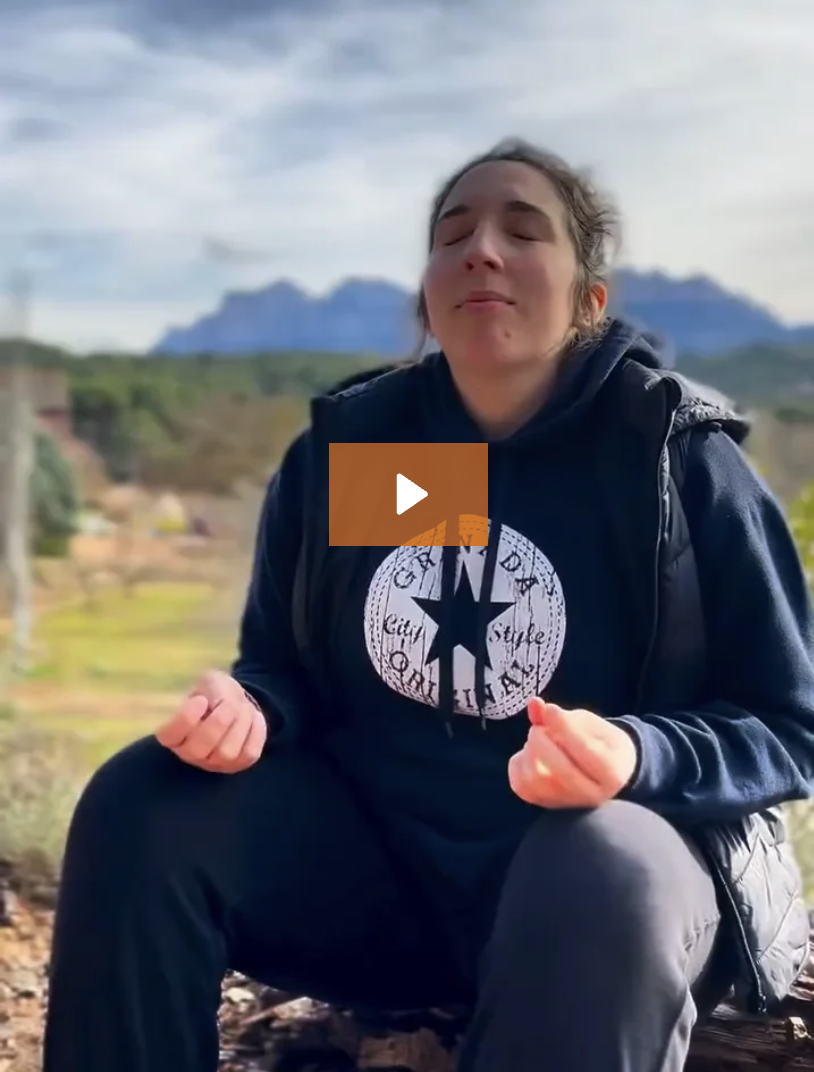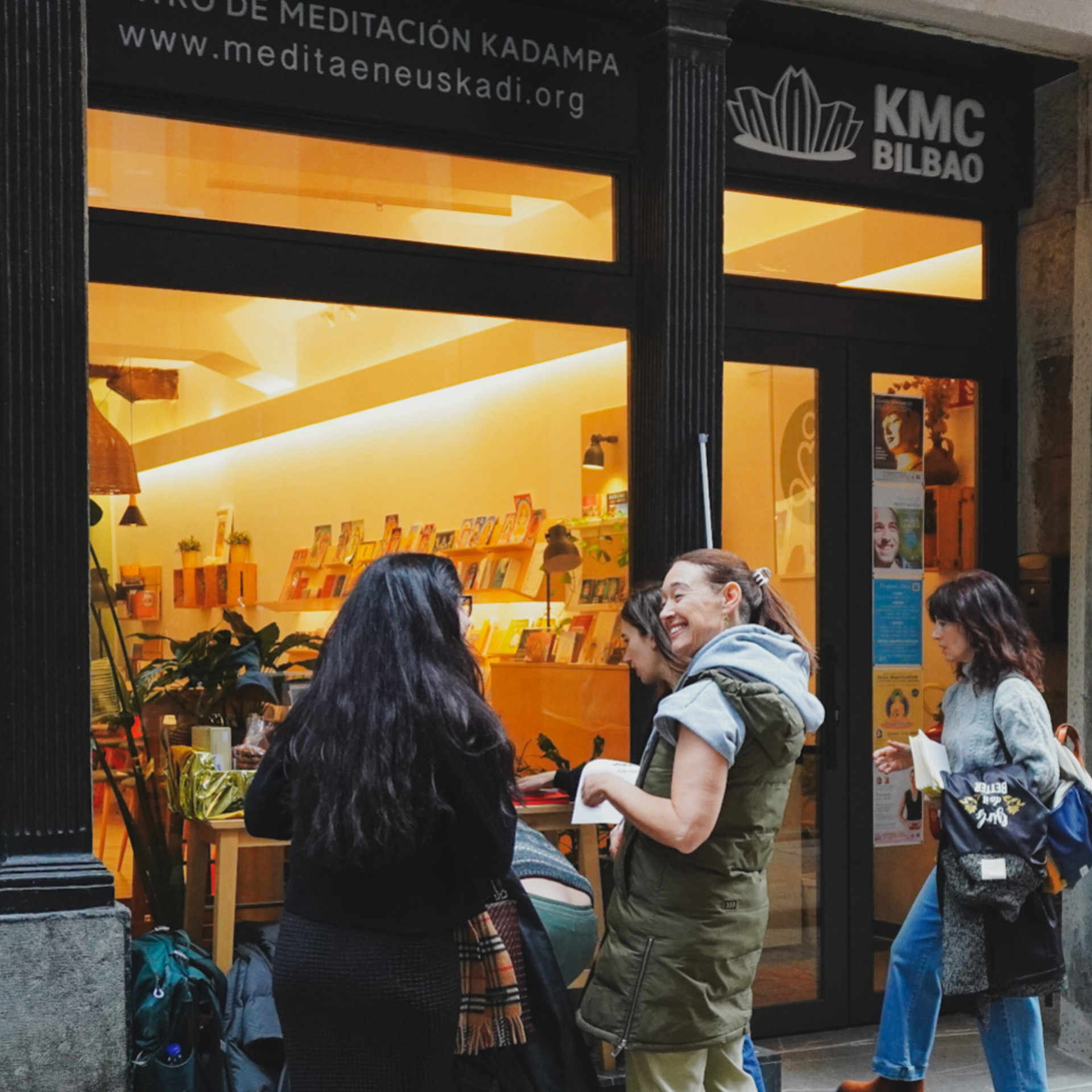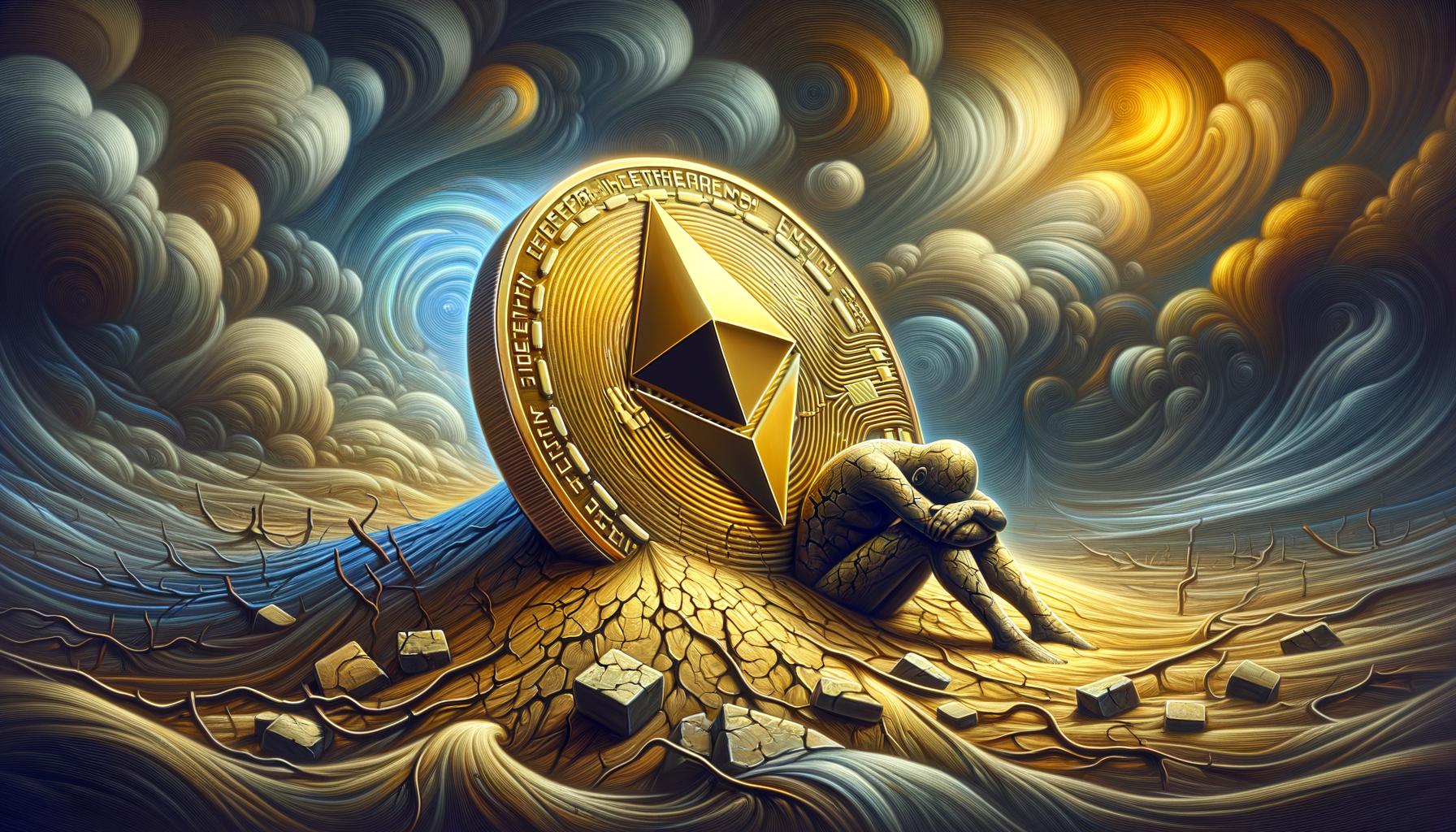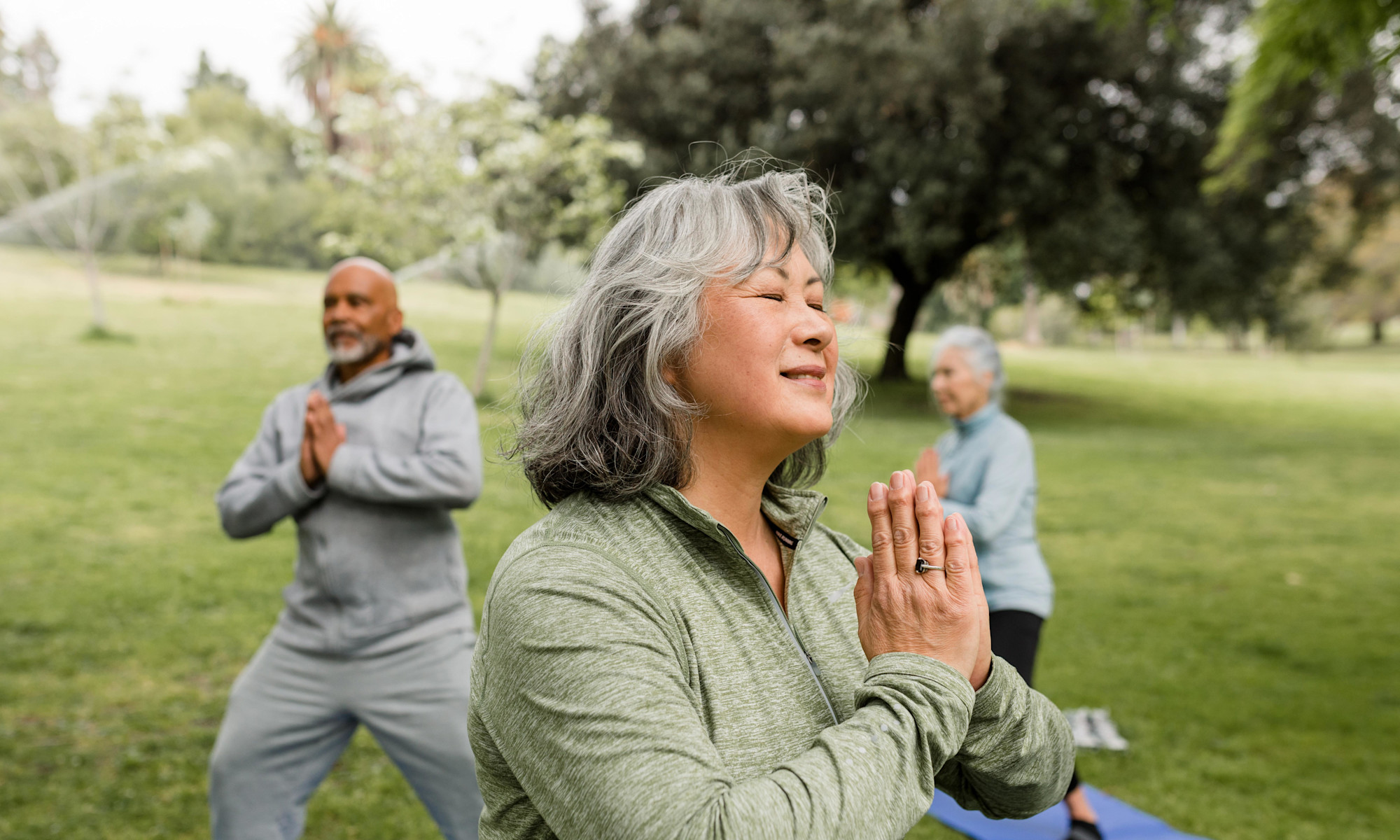Best of the Haiku Challenge (July 2025)
Announcing the winning poems from Tricycle’s monthly challenge The post Best of the Haiku Challenge (July 2025) appeared first on Tricycle: The Buddhist Review.

Although crabs are lunar symbols connected with water and the unconscious, their ability to hide, flee, or fight back means that we also associate them with responding to threat. To varying degrees, the winning and honorable mention poems for last month’s challenge used this traditional season word to address a society where, increasingly, dangers are perceived on every side.
Nancie Zivetz-Gertler imagines facing the threats against women in present-day America with the “legs and pincers” of a crab. Nancy Winkler finds it natural that a crab would hide, given that it can see everything with eyes “swiveling on stalks.” David Bolton’s crabs find little cracks to sleep in while the ocean buffets “the rocky coastline” where they live.Congratulations to all! To read additional poems of merit from recent months, visit our Tricycle Haiku Challenge group on Facebook.
You can submit a haiku for the current challenge here.
Summer Season Word: Crab
WINNER:
the things i might do
with all those legs and pincers
if i were a crab
– Nancie Zivetz-Gertler
As playful as it is in its humor, I don’t think I am wrong in reading last month’s winning haiku as a feminist poem. That being said, its concerns transcend gender, giving voice to the swell of outrage growing at the heart of contemporary American culture, even if it is women who may feel that outrage the most.
Were I to give a name to haiku in this emerging genre, I would call them “poems of protest and ecological conscience.” With their focus on seasonal phenomena drawn from the natural world, haiku are uniquely suited to poetry of this kind.
The use of so many monosyllabic words in one haiku—fifteen in all—creates a busy, almost wiggly effect, as though there were an actual crab living inside of it, struggling to break free. The same could be said of the poet.
Although what she would do with the body of a crab is not explicitly stated, the “if/then” scenario of the poem invites the reader to imagine the poet’s intent. A woman with ten legs, two of them armed with pincers, is not a person to trifle with. “Approach at your own risk” might as well be added as a disclaimer to the poem.
That a human woman living in 2025 America lacks the natural defenses of a crab (not to mention its agility, evasive strategies, or protective exoskeleton) goes without saying. Indeed, these afterthoughts are essential to our understanding of the poem. “I am NOT a crab,” the poet seems to be saying. “Although there are times when I wish I were.”
What we get, finally, is the sense of a person summoning her inner animal resources, mounting the courage to fight back against the rising tide of ideological and literal violence in our culture—violence not only against women but also against trans people and persons of color and, increasingly, against the Earth itself.
On the one hand, we may ask, “What is one person to do in the face of so much hatred and hostility?” On the other, there’s the fact that nobody in their right mind would try to wrangle bare-handed with a crab.
HONORABLE MENTIONS:
swiveling on stalks
the crab’s eyes see everything
no wonder it hides
– Nancy Winkler
swells rise and pummel
the rocky coastline where crabs
sleep in little cracks
– David Bolton
◆
You can find more on July’s season word, as well as relevant haiku tips, in last month’s challenge below:
Summer season word: “Crab”
the tilted shoreline
makes it easy for the crab
to run to the sea
Submit as many haiku as you please on the summer season word “crab.” Your poems must be written in three lines of 5, 7, and 5 syllables, respectively, and should focus on a single moment of time happening now.
Be straightforward in your description and try to limit your subject matter. Haiku are nearly always better when they don’t have too many ideas or images. So make your focus the season word* and try to stay close to that.
*REMEMBER: To qualify for the challenge, your haiku must be written in 5-7-5 syllables and include the word “crab.”
Haiku Tip: Start a Conversation with A Famous Haiku!
My 1997 book Seeds From a Birch Tree: Writing Haiku and the Spiritual Journey includes the following short chapter about a poem that uses this month’s season word:
CRAB
In time of danger
the crab only needs to go
into a drainpipe.
– Yamaguchi Seishi
(trans. by Alfred Marks and Takashi Kodaira)
About this poem the poet wrote only:
When danger approaches a crab, he runs and hides, like the crab I watched flee to safety in a drainpipe. A crab finds it simple to save his life.
The poet makes no mention of the house he lost in a bombing raid only a few years before, but the feeling of that loss—and other, more significant losses from World War II—permeates the poem.
Composed in 1949, Seishi’s haiku was at the back of my mind a few summers ago when I wrote this month’s sample poem on a beach at Cape Cod.
The crab I saw wasn’t fleeing danger like Seishi’s. There hadn’t been a battle fought on the Cape since 1918, when shells from a German U-boat fell on Nauset Beach in the only recorded attack on mainland U.S. soil during World War I. What struck me was how the sloping shoreline made it easy for the crab to run back to the sea.
The rightness of that felt playful and possibly profound—as if the shore, the sea, and the crab were “made for one another” in a way that humans would find difficult to appreciate or understand. “Deep Ecology” they call it, but to my way of thinking that just meant a world that made it easy for a crab to return to the ocean.
Seishi’s crab found it “simple to save his life” by fleeing into a drainpipe. I thought my crab was probably happier—and safer—running downhill into the sea.
A note on crabs: Crabs live in all of the world’s oceans, as well as in freshwater streams and rivers, and even on land. One of the oldest, most adaptable animals on earth, crabs are omnivores, which may explain why they have survived for over 200 million years. Their exoskeletons are typically thick and hard, and they usually have five pairs of legs, including two pinchers.
Crabs are an important food source for humans and figure prominently in the myths of many cultures, where their symbolism varies widely. They are associated with protection and setting boundaries, nonlinear problem-solving, intuition, emotion, and the subconscious.

 Astrong
Astrong 









